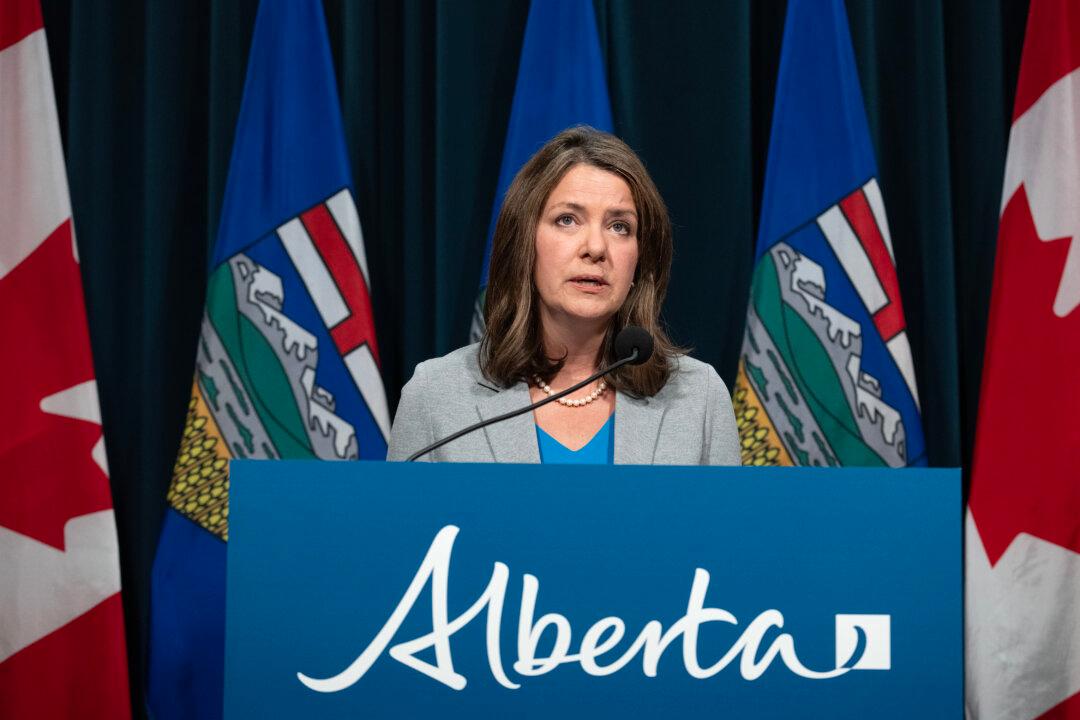Alberta is taking Ottawa to the province’s Court of Appeal over the federal government’s net-zero electricity regulations, arguing the rules overstep provincial jurisdiction and could drive up costs while increasing the risk of power outages.
The province announced the legal action during a press conference on May 1, where Premier Danielle Smith described it as “another step to protect Albertans’ livelihoods” from federal policies the province says “threaten” the reliability of its electrical grid and could increase electricity prices by 35 percent.





